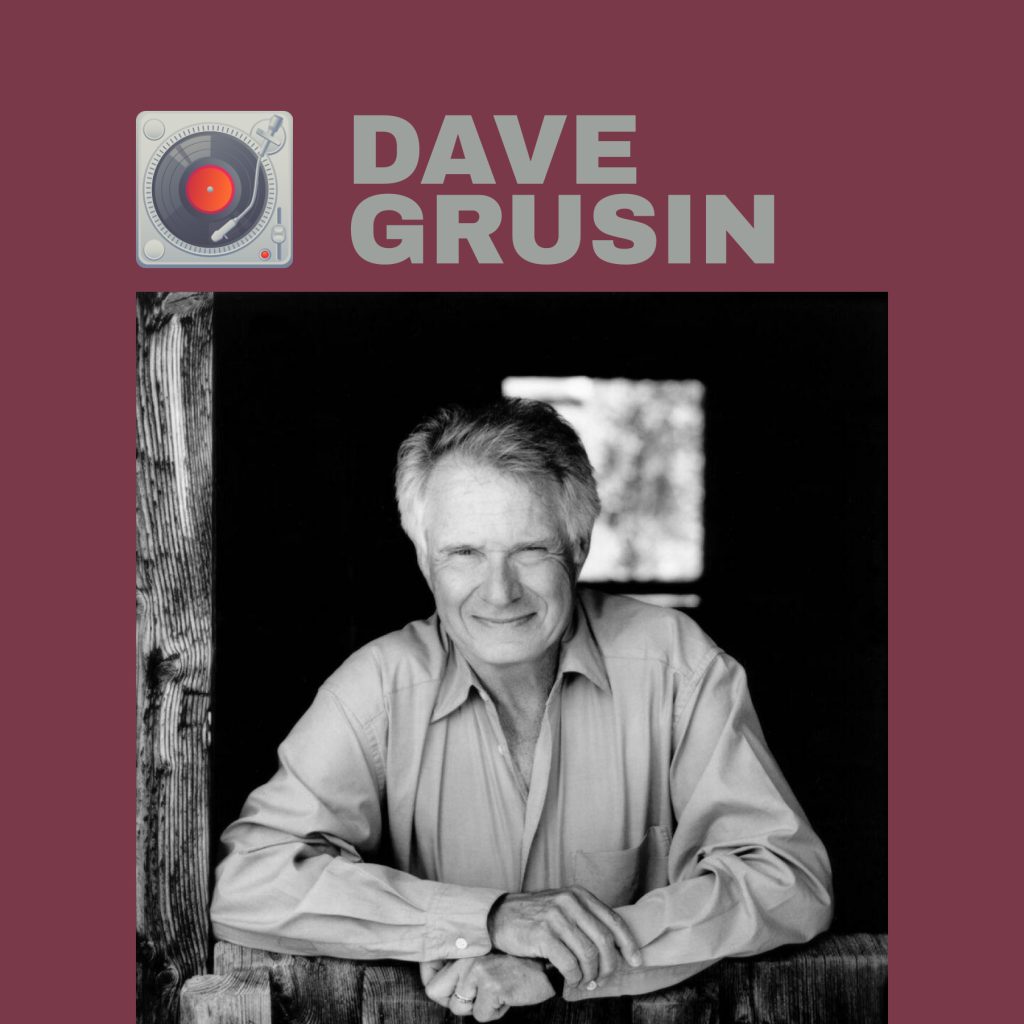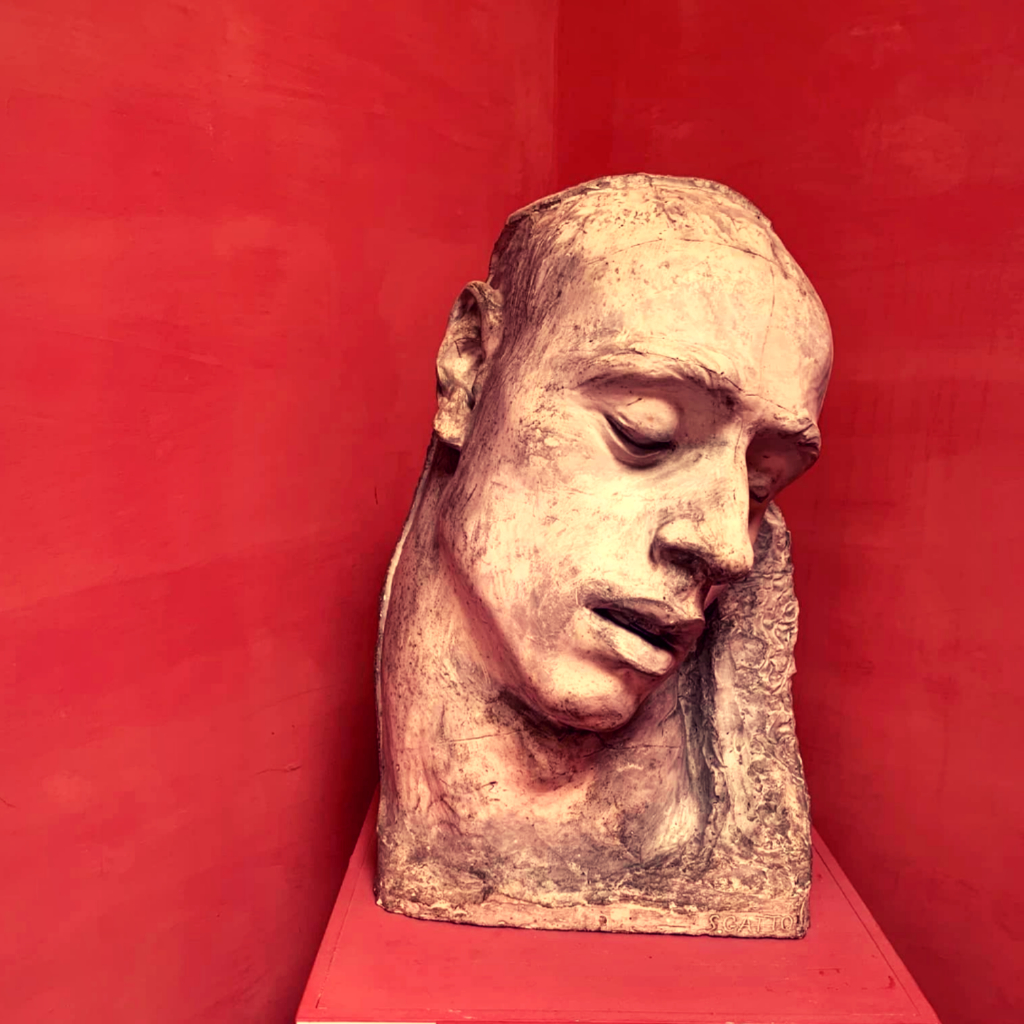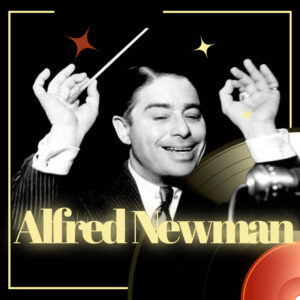
The unbelievable combination of two facets of talent: a classical drama film composer, amazed by the psychological depth and sophistication of the scores, and a pianist of a large jazz scene swimming like a fish in the ocean of improvisation. Dave Grusin’s career in contemporary music is truly one of the most wide and fascinating. What are the basic elements that make its work so impressive?
Invariably “exquisite musical taste” is the most important ingredient of preparation of score, stored in the general musical memory on the shelf “Masterpieces”. The refinement of taste was noted as early as 1959 by Andy Williams, for whom Dave Grusin served as conductor for seven years. The musical integrity of the expressive means with which he was associated as an artist, composer or producer was noted by all who studied his career.
Impeccable piano prowess is another sign of Grusin identified by many colleagues. In 2000, guitarist Lee Ritenour, citing how most performers lose a few steps over the years, pointed out, “In his compositions, piano playing, orchestrating and arranging, his musicianship has been consistent, and he’s better than ever these days.”
Dave Grusin has the broadest spectrum of musical mindset, from classics and folk to standards, rock and, of course, jazz. This latitude gave him the unique ability to make films music in exactly the style that every movie needs. In the late 1960s, Dave Grusin began composing music for films, the first of which was «Divorce American Style» (1967). The first professional recognition for him came from work on the film «Graduate» (1969): Grusin won The Grammy Award for Best Score Soundtrack for Visual Media. His talent to immerse any personal identity in music for the sake of the unity of the film is recognized by many, including Sydney Pollack, for whom Dave Grusin has scored nine films.
(Grusin had) no ego at all, but he was so concerned about the music that that was like the ego. In other words, he wouldn’t yell at you to make himself bigger. What he would do is yell at you because you played a wrong part. Not that he ever yelled at me! Let’s get that part right.
Marcus Miller
He quickly became popular as a film composer. Grusin has a filmography of about 100 titles. The music of Grusin can be heard in such films as Where Were You When the Lights Went Out?, Three Days of the Condor, The Goonies, Tequila Sunrise, Hope Floats, Random Hearts, The Heart Is a Lonely Hunter, Mulholland Falls and The Firm. His many awards include an Oscar for best original score for The Milagro Beanfield War, as well as Oscar nominations for The Champ, The Fabulous Baker Boys, The Firm, Havana, Heaven Can Wait, and On Golden Pond. He also composed the original opening fanfare for film studio TriStar Pictures.
Dave Grusin’s music language is compounded by the touch of the piano, which actually gives the instrument a special and unique sound. Whereas taste, professionalism and diversity have provided the solid foundation for his success, it is, however, style and inventiveness which unfailingly identify a Dave Grusin endeavor.
Robert David «Dave» Grusin was born into a musical family in Littleton (Colorado) on June 26, 1934. His father, Henri, left Riga around 1913, then worked as a jeweller and watchmaker, and was also interested in playing the violin. Her mother, Rosabelle, was a pianist. The family had three children, and Don’s brother later became a famous musician.
Despite his childhood love of music, Dave initially did not aspire to become a musician and, after graduating from the University of Colorado in 1956, planned to become a veterinarian. In his interview, he mentioned that he had decided to go to jazz mostly because he felt some guilt towards his father: he invested a lot in his son’s musical education. In 1959, Dave moved to New York City and entered the Manhattan School of Music.
Dave Grusin recalls, “I had absorbed his appreciation for music. He used to write me letters at college that turned out to be wonderful collections of observations. He’d write a paragraph about something he’d heard, and his comments were very astute.”
While working on the popular variety show, Dave Grusin began his recording career, and cut three headliner albums of jazz, as well as appearing on many others as accompanist.
When he took the next career step in the mid-sixties, writing music for the screen, Dave Grusin’s gift for composition and orchestration (exhibited in such films as “The Heart Is A Lonely Hunter,” “Candy” and “Winning”) quickly put him to the forefront of the new generation of motion picture composers.
As creative as the field is, all film scorers point out that the profession can be highly limited in terms of artistic freedom. Each must find his own solution to living with such restrictions.
In Dave Grusin’s case, the resolution of the situation was a return to the world of recording jazz – as a performer, conductor/arranger and also as a producer. The latter sprang from impetus provided by good friend Larry Rosen, and together they began working on albums for a number of young jazz artists in the mid seventies. They formed a production company, Grusin Rosen Productions in 1976, and in 1978, consolidated this into the record label Arista-GRP. A nice bit of alchemy indeed, dissolving the pressures of film composition into the liquid gold of GRP.
It was also Larry Rosen’s encouragement which got Dave Grusin back to headliner recording status that same year, after a hiatus of a dozen years. With unbound admiration, he declares, “the music that flows out of Dave Grusin is just Something! A beauty.”
Recording his own jazz compositions was another outlet from the artistic and scheduling frustrations imposed by film makers. Here Dave Grusin had the time and autonomy to let his inventiveness flow freely, and such albums as “Discovered Again” and “One of a Kind” were the early results. As he explains, “in film you have parameters based on how the music will function with the images. With my own albums, it’s like a blank canvass, absolute freedom to create from scratch, and that presents its own set of challenges.”
He was doing an average of three films a year through the seventies. Especially noteworthy was the celebrated score for “Three Days of the Condor” which showed off how beautifully he could get under the skin of a motion picture when given the kind of creative freedom lavished on him by the admiring Sydney Pollack. In 1978 the politics of the film business deemed it the appropriate year to give Dave Grusin an Oscar nomination, even though it was a movie with one single theme and very little of that. Nonetheless, everyone would agree that “Heaven Can Wait” is one of his most charming compositions for the screen.
More and more, Dave Grusin became interested in musical technology – using computers, synthesizers and the new medium of digital recording. Some of these were organizational assets; others widened the panorama of sounds which could be produced. But digital recording was something he and Larry Rosen not just utilized but pioneered.
No less a monument than the Dave Grusin signature tune ”Mountain Dance” is the testament of their innovative leadership in the music industry, representing the dawn of the digital era in jazz.
Having taken the plunge into the record business with a “glorified production arrangement” under the Arista banner, Dave Grusin and Larry Rosen took the partnership another step further by forming their own independent record company in 1982. GRP Records was from its inception a label synonymous with artistic support and quality at every level, “N.Y./L.A. Dream Band,” “Night-Lines,” “Harlequin” and “Migration” being among the critically acclaimed of the GRP recordings by its founder in the 80s.
From the 1990s, Dave Grusin instituted a number of substantial changes in his career. He minimized the formerly frequent practice of appearing as sideman and arranger for others, began concentrating on packaging classic jazz recordings from the days of 78s, and sold the record company.
Additionally, he cut down the number of pictures he worked on, but turned out two of his most exceptional scores. Both earned him Oscar nominations – the lush one for “Havana” and his innovative acoustic piano tour de force for “The Firm.”
But most significantly, Dave Grusin simply stopped recording his own jazz. Turning from composing to arranging, he created four knock-out recordings celebrating the music of George Gershwin, Duke Ellington, Henry Mancini and “West Side Story.” And correspondingly, the electronics were largely replaced by acoustic piano, culminating in the 2000 release of the Lee Ritenour collaboration “Two Worlds.”
Dave Grusin has been known to joke that of the many pursuits he engages in, the one he enjoys most is …. the one he’s not doing at the moment! Somehow, if even partially true, this distraction has not appeared to interfere with either performance or product. Referring to his multiple careers playing and composing, he admits, “it’s been an interesting double life, doing both film scoring and jazz recordings.”
In addition to the major strands of his career highlighted above, he’s been a pioneer of the Internet, produced a million-seller chart hit, played keyboards in jazz clubs, served as conductor of the “Tonight Show,” tutored aspiring young musicians (in addition to co-founding the National Foundation for Jazz Education), composed commissions for concert orchestra (such as the Concerto for Clarinet and Jazz Orchestra), and so very much more.
Along withnumerous entertainment accolades and nominations, Dave Grusin has been awarded honorary doctorate degrees from the University of Colorado and the Berklee College of Music. If one were to have queried any young musician at any point during the last 40 years just what his highest ambition might be, it would amount to only a fraction of the successful career Dave Grusin has built.
However, reflecting on the aspects of show business which made his profession most worthwhile, it’s not necessarily the successes which were the greatest turn on, but rather the “good experiences” and being able to spend his professional life in music, and to “work with the incredible people and comrades that musicians are.”



